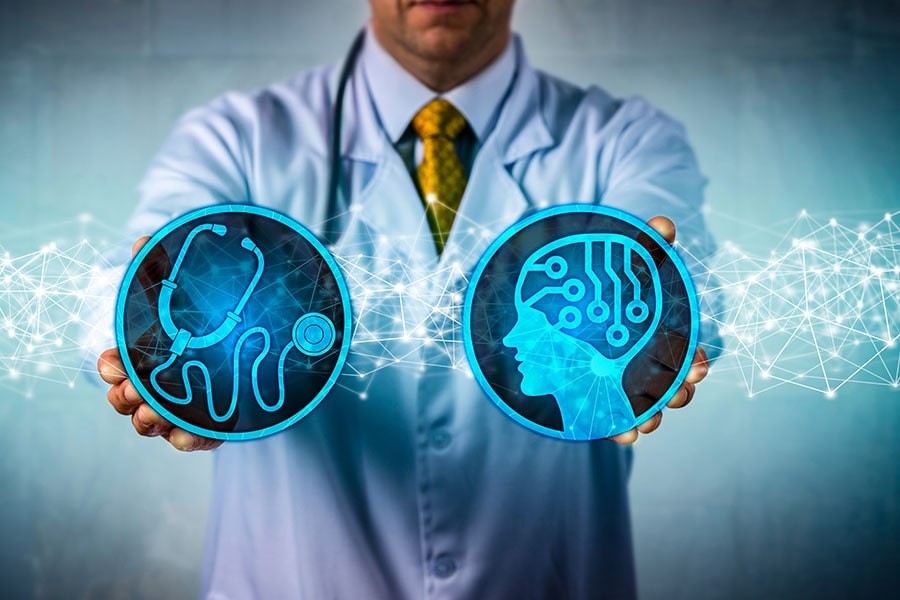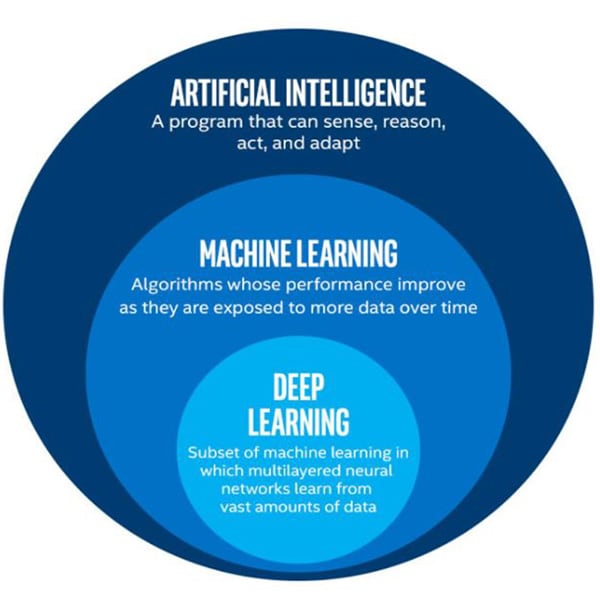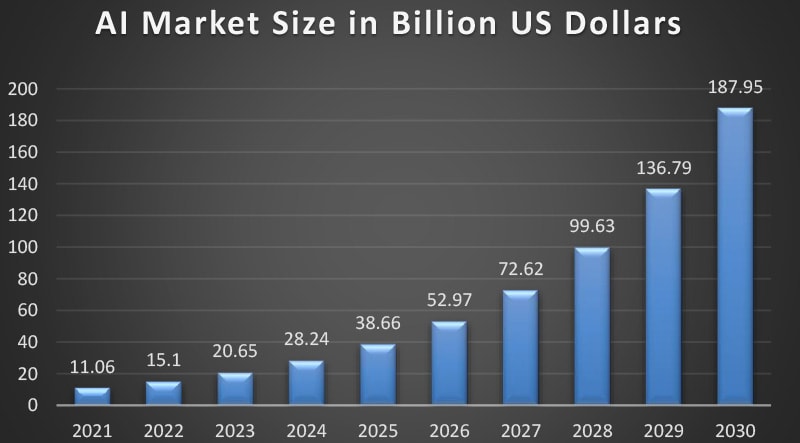
Demystifying AI in healthcare in India
More and more innovations are coming up in AI-based healthcare services and may soon convert India's dream of affordable universal healthcare into reality
 With the help of AI, healthcare organisations can utilise algorithms for better clinical decisions and enhance the quality of the patient experiences they provide.
Image: Shutterstock
With the help of AI, healthcare organisations can utilise algorithms for better clinical decisions and enhance the quality of the patient experiences they provide.
Image: Shutterstock
Artificial Intelligence (AI) is transforming how healthcare is delivered in India. Health organisations have assembled vast data sets in various areas, including clinical trial data, health records, and images. AI technologies are ideal for examining these data and uncovering the patterns and insights humans cannot notice easily. With the help of AI, healthcare organisations can utilise algorithms for better clinical decisions and enhance the quality of the patient experiences they provide. AI as a tool is divided into different subsets, including deep learning and machine learning. While machine learning deals with developing algorithms for effective prediction and decision-making, deep learning is a subset of machine learning focusing on artificial neural networks that analyse vast amounts of data.
The origins of AI can be traced back to the 1950s when it was not fully conceptualised. Gradually, it gained prominence in the life sciences. The early 1970s witnessed a proliferation of research as AI launched itself in healthcare and was applied to biomedical problems. Eventually, AI found its mark in the clinical domain in the 1980s, where it is enthusiastically embraced today.
 Source: Datascience.com
Source: Datascience.com
AI in Healthcare: The Global Picture
Over several years, AI has been making waves in global healthcare with emerging technologies, from blockchain to AI, demonstrating significant potential to alter how healthcare is delivered for good. The global AI picture entails a vast range of applications, including those in pharmaceuticals, medical technology, drug discovery, diagnostics, hospital operations, health insurance operations, clinical decision-making, and robotic surgery. A deeper dive suggests that the used cases span across deploying chat-bots for customer interactions, population health monitoring, care routing and care services, data-driven diagnosis, image-based diagnosis, clinical decision support, compliance monitoring, maintaining medical records, fraud prevention, capacity planning, personnel management, quality assurance, and training. The top global healthcare companies that lead in applying AI include GE Healthcare, Remedy Health, Oncora Medical, Google Health/ DeepMind, and Augmedix.According to the Globe Newswire publication 2023, the value of AI in the global healthcare market was around $11 billion in 2021, which is anticipated to steeply increase to $188 billion by 2030 at a compounded annual growth rate of 37 percent between 2022 and 2030.
[This article has been reproduced with permission from the Indian School of Business, India]








